Interview: Cheryl Allison, Denise Lee, Wendy Welch of SHATTER THE SILENCE at the USA Film Festival
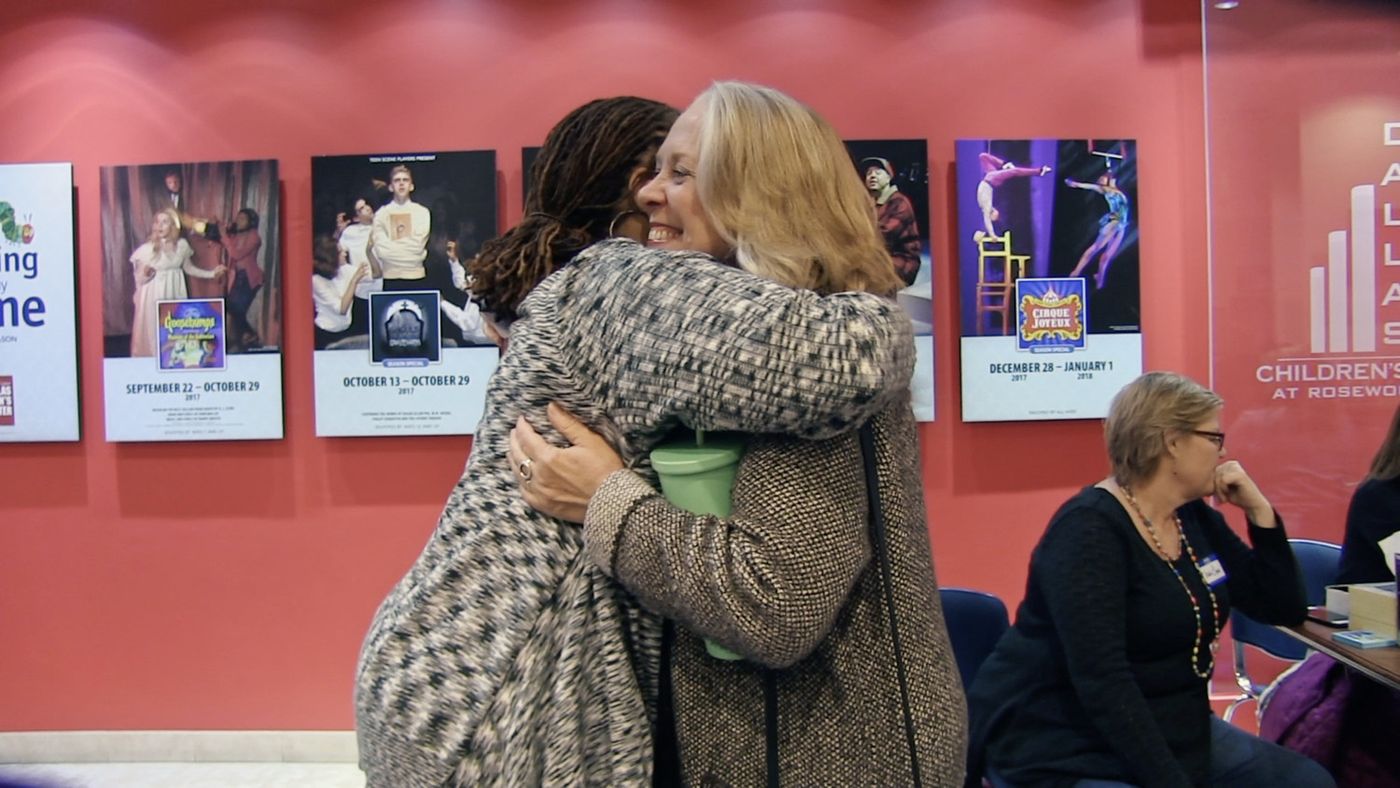 Over a year ago, Cheryl Allison wasn't sure where her project would lead, but she knew the stories of her community needed to be shared with a larger audience. Back then, the Dallas-based award-winning director and filmmaker sat down with BWW reporter Amanda England to discuss her upcoming documentary SHATTER THE SILENCE. Allison planned for the film to be an outlet for members of the DFW area to share their own thoughts on and experiences with sexual harassment and assault in their own backyard. But, with only a few hours of film in the can in February 2018, she still could only imagine what the final result would look like.
Over a year ago, Cheryl Allison wasn't sure where her project would lead, but she knew the stories of her community needed to be shared with a larger audience. Back then, the Dallas-based award-winning director and filmmaker sat down with BWW reporter Amanda England to discuss her upcoming documentary SHATTER THE SILENCE. Allison planned for the film to be an outlet for members of the DFW area to share their own thoughts on and experiences with sexual harassment and assault in their own backyard. But, with only a few hours of film in the can in February 2018, she still could only imagine what the final result would look like.
Now, SHATTER THE SILENCE will make its world premiere Sunday, April 28, at the USA Film Festival at the Angelika Film Center. With the completed documentary submitted to juries and competitions across the world and excitement building among the city's residents, I sat down with Allison to discuss what this process has been like for her, why she made the film the way she did, and what she hopes the film accomplishes in Dallas and across the country more broadly. We were also joined by two of the film's most prominent figures: singer and community advocate Denise Lee and actress and educator Wendy Welch.
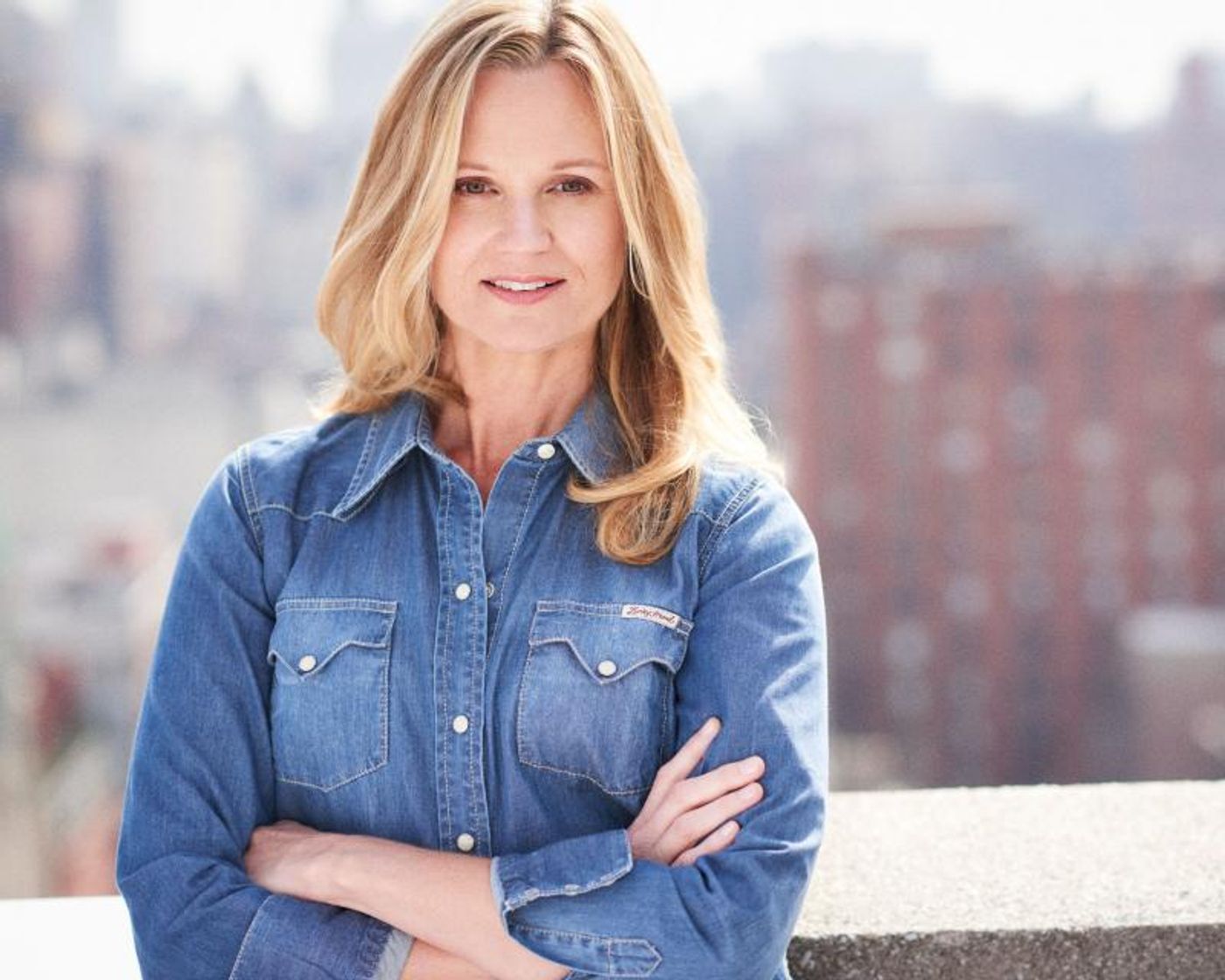
How did this project get started? Where did the idea come from?
Cheryl Allison: Back in the fall of 2017, when the #metoo movement was first gaining ground, I had the same emotional reaction as a lot of other women. So I started to think about what I was going to do with all these feelings, and I started to think about grassroots action and community change. Which led me to wonder what my hometown of Dallas was thinking about this, was going to do about this.
I wanted to pull together different women, different people from different industries to see what was going on. I reached out to a dear friend of mind, Wendy Watts, who is a social worker who works with survivors of sexual assault, and she was the first interview I conducted for what would later become the documentary. And then I started branching out from there, and realizing that I wanted to put all of these different stories into a kind of narrative.
I was going to ask, how did you find these people that you interviewed? The film features so many people from so many different walks of life; I imagine you had to get in touch with a lot of different networks.
CA: Wendy Watts is actually a very good friend of mine, so that was the easiest first connection I could have made. And Denise [Lee] and I met at the opening night party for ROCK OF AGES at Casa Mañana, and after talking all night, she said-
Denise Lee: I said we need to do something together!
CA: And I said I think we will! And I knew she had started the events called Community Conversations through her group Change the Perception. So, when I started thinking about doing this film, I thought about interviewing her about how her Community Conversations were grappling with these issues of sexual assault and harassment. And through her I met Yvette, who is one of the major stories of the documentary and who broke away from her former church because of experiences that she had there. And Wendy [Welch] actually reached out to me when she heard about what I was doing because she knew she had a story that she needed to tell.
And throughout the filming process, I knew I wanted to emphasize the commonality that connects these different men and women, so I followed them around as they attended Community Conversations or the Dallas Women's March. And I went to a meeting for the Texas sexual violence task force which is how I met former Texas senator Wendy Davis.
And she's in the documentary!
CA: Yeah! I asked her if I could use her image in the film, and she agreed and actually set up an appointment for me to sit down and interview her. She's certainly the highest profile person in the documentary, so her involvement is so exciting and important.
So, all these connections were either already there or came about through luck or mutual acquaintances-
CA: And even just research. I found so many people just through searching local news sources for stories of people working to fight against these issues in the community.
DL: So now Cheryl has twelve more documentaries to make.
CA: Which is a great problem to have! So, yeah, it's interesting how what started out as a grassroots look at sexual assault in Dallas actually became a grassroots endeavor that involved the community.
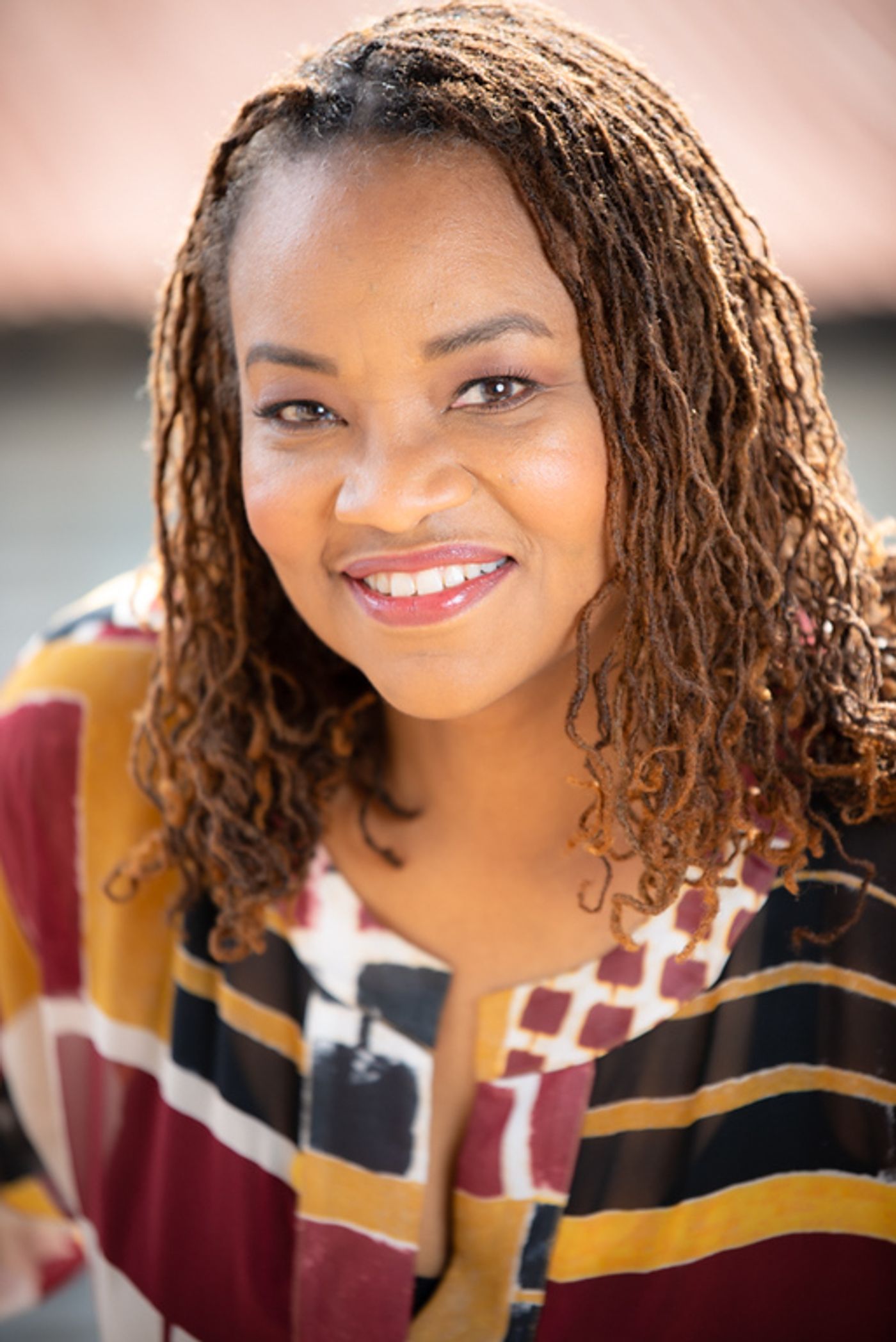
One aspect of the film that isn't quite so local is your use of archival footage. You include classic speeches from Anita Hill, JFK, and some footage of suffragettes from the 1910's that I don't know that I've ever seen before. Which is incredibly moving to see.
CA: Yeah, I wanted to illustrate that these issues aren't something that just sprung up in 2018. These are issues that we've been grappling with for generations upon generations. If you have people like Lady Bird Johnson or Shirley Chisolm saying the same thing in the 60's and 70's that activists are saying today, you see these conversations echoing across history.
DL: And I've noticed it's common today to hear younger people say "you just don't understand." And I kind of laugh, because we do understand, and we - all generations - need to work together to empower one another and learn from our past experiences so we can keep pushing forward. And it's okay to disagree with one another, but we need to respect one another, and learn the importance of actually listening to one another and communicating with one another.
Speaking of communication, Wendy, you actually attended Denise's Community Conversations, and we see that in the film. What was that experience like for you, going into a room and talking about very serious issues with people you've never met before?
Wendy Welch: Oh, it was just incredible. I was at the first one, and so many people showed up.
DL: Which is funny because we were so worried no one was going to show up.
WW: And something like 200 people showed up!
DL: We needed more chairs!
WW: Thankfully we were in the main theater. It was at the Dallas Children's Theatre, which is such a great resource, and they're always willing to make their space available for the community. And Community Conversations is just such a powerful experience, such a powerful evening. I was actually really interested in the moment to hear what the men had to say and what they planned to do, and I was able to hear from someone who is trans and be able to hear that perspective because that's not a perspective I really ever encounter. The evening evolved in such a way that was really beautiful and vibrant. Even people who don't talk get to listen and feel and they're still getting so much out of the conversation, they get to hopefully find some truth.
I like that you use the word "truth" instead of "answers," because you may not find answers to the questions you have at these meetings but you will learn something, whether about yourself or someone else or a different community.
WW: Exactly, and that's just so valuable.
CA: And I'll say from behind the camera, it was really interesting to see at these meetings how the men were acting. They were coming in, completely open, and asking how they can be better "good guys." They came completely willing to listen and recognize that they may need to fix something about the way they think or the way they act. And it's interesting to watch that learning process and how the women lead that process.
And I will say that that kind of action was what was most important to me when making the film. I didn't want just a film of #metoo stories, as powerful as those may be. I wanted to show what initiatives are being taken in the community that move us forward from these stories. So, someone like Yvette, who experienced sexual harassment, started her own church that addresses issues that affect women. I wanted to show the sexual assault task force at work. Because it's actions like that that can keep us from just repeating history over again.
But you still include some #metoo stories.
CA: Yes, of course, because those stories are still part of the process. And hearing those stories can be empowering for women and helps women to feel as though they're not alone in this fight.
DL: In fact, one of the hardest things about the #metoo movement has been being a mother and seeing my daughters use the hashtag, or seeing other young women that I'm close to use the hashtag. And these were things I didn't necessarily know, and I remember feeling angry and concerned but also using that energy and putting it into Community Conversations and working to hold people accountable in our community.
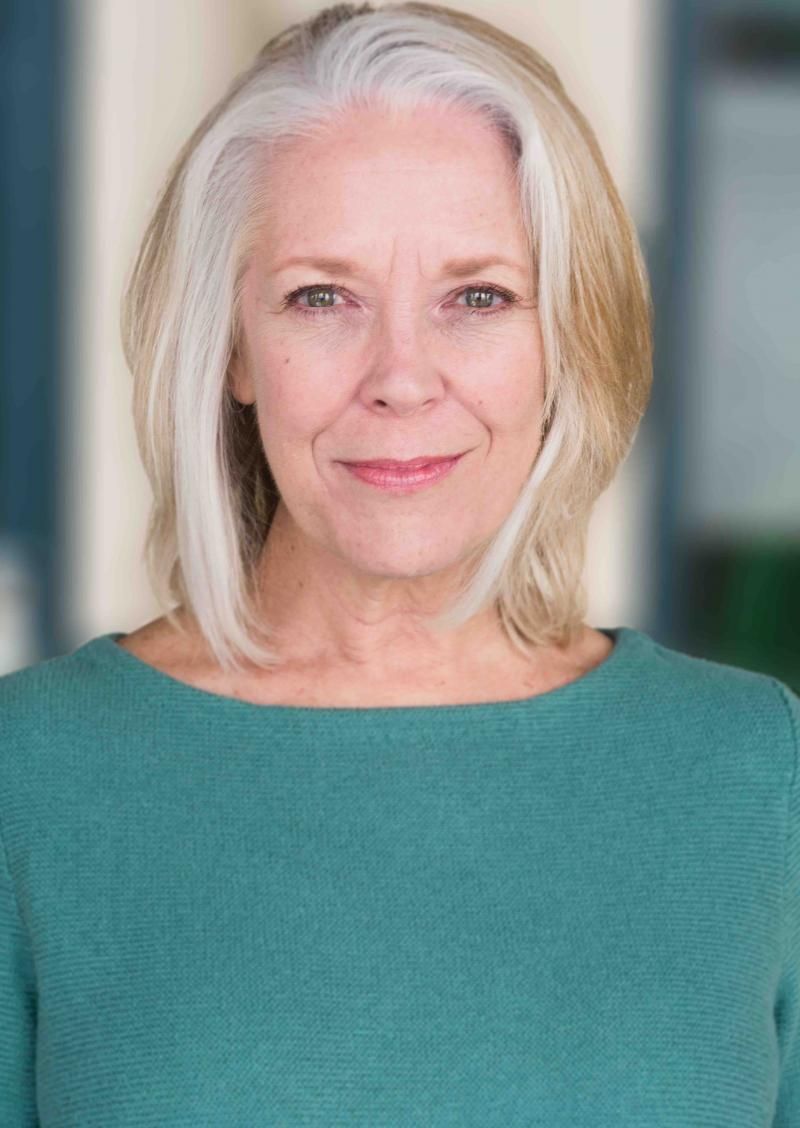
And, Wendy, you share your very personal, very powerful story for the documentary. What was that experience like for you?
WW: When I first reached out to Cheryl on Facebook, I immediately regretted it because I was so scared, and she told me that it was okay. And I told her that I needed to talk with her privately over coffee before I could agree to going public with my story on film. And it was very very scary. It was the scariest thing that I had ever done because I had not told very many people ever, and this had happened many years ago.
But the most wonderful thing about this whole process was talking and the interview with Cheryl. Before going on film, I just felt so nervous, but once I started talking, it just started to pour out. And when I was finished, Cheryl left my house, and I literally felt like these chains that had been holding me down had just flown away. And I was free, and it had been decades.
That's amazing.
WW: And it was my secret that had been inside me that had been encrusted with shame and I thought that it was my fault and that I was dirty. I was afraid of what my students would think. But Cheryl told me that I had to do this for them.
DL: Because your students deserve to see this strong person, someone they look up to, standing strong.
WW: That's exactly right. So, I knew I had to do this for them and other young women like them. Because we work in an industry where we are called upon to be vulnerable and be open with strangers, so I knew my involvement with this film would let these young women in our industry know that it's okay to have boundaries, it's okay to speak up. And I honestly feel more empowered just from my own involvement.
CA: I was so honored to have all of these men and women trust me and share their voices with me, and my goal for the film was to honor their stories in a really authentic way.
And I think that authenticity comes across. It all feels so natural; it feels as though all these participants are saying what many of us have already been thinking. So, I wanted to wrap up with one more question. Do we have time?
DL: Absolutely not! We're divas! [we laugh; we're all divas here]
What do you all hope that this film accomplishes, either personally or professionally? What are your hopes and dreams for this project?
CA: As the director and producer of the film, my hope is that our audiences leave with a spark to become involved in community action and grassroots action. And not just this issue, but other issues as well that affect their communities and marginalized groups. I hope women and men who see this feel like they can speak up about injustices that they see and begin to make a difference.
As a filmmaker, I'm submitting the documentary to a lot of film festivals which will hopefully lead to distribution, which means that the audience for this film grows that much larger and that many more people can be positively affected by it. I even hope to one day be able to distribute the film to schools or church groups so that it can be part of their own educational outreach and activism.
WW: I just want the film to help people. I want it to help survivors, and seeing the film made me feel so motivated to take even more action. So, I can only imagine what this film can do when it reaches even more people.
DL: I think one of the most important things for me is for everybody to realize the power they have within them. We all have tough choice to make, but it's about finding the strength to make the choice, and knowing that there are people out there who can and will support you in making that choice. Don't stay at the job that hurts you; don't stay with the person who hurts you. But that also means that we need to step up and help make those choices possible. We're more powerful than we realize, and everybody can do something. Everybody. And those little somethings create a ripple-effect. And that's how you make change.
Ladies, this has been absolutely incredible. Thank you so much for your time and all that you do.
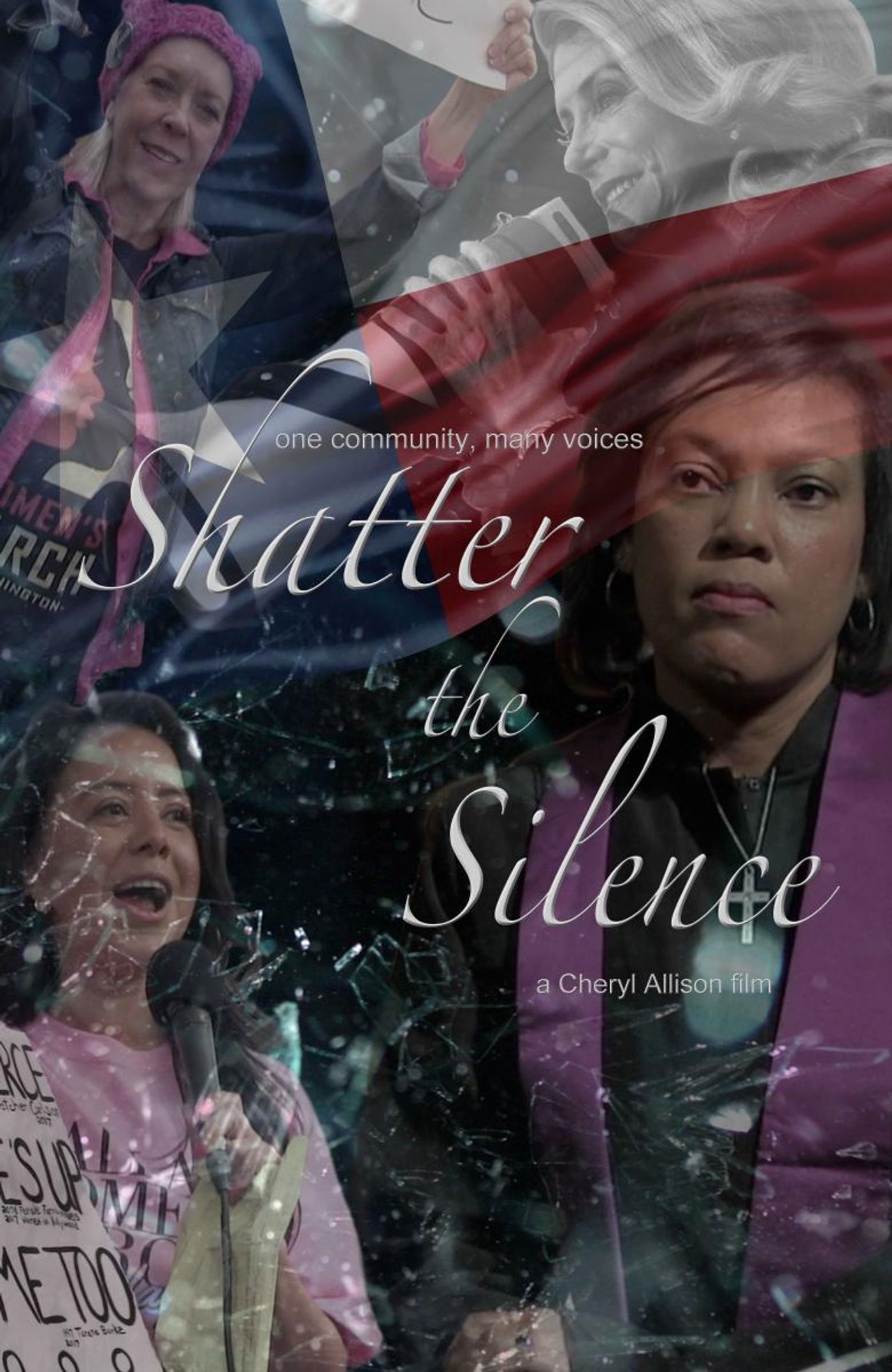
[Note: This interview has been edited for clarity and length]
Photo credit: Cheryl Allison
Videos

